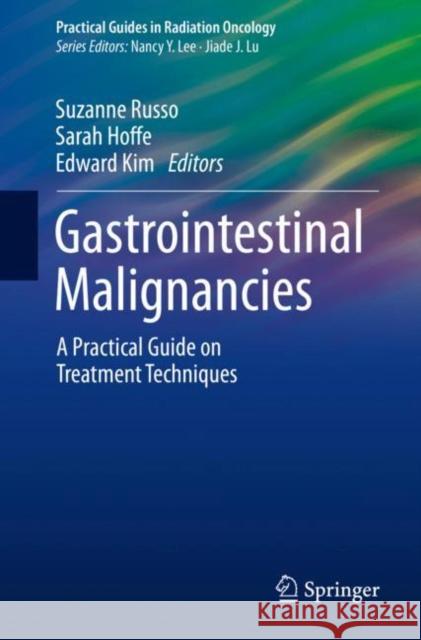Gastrointestinal Malignancies: A Practical Guide on Treatment Techniques » książka
topmenu
Gastrointestinal Malignancies: A Practical Guide on Treatment Techniques
ISBN-13: 9783319648996 / Angielski / Miękka / 2018 / 373 str.
Kategorie BISAC:
Wydawca:
Springer
Seria wydawnicza:
Język:
Angielski
ISBN-13:
9783319648996
Rok wydania:
2018
Wydanie:
2018
Numer serii:
000799165
Ilość stron:
373
Waga:
0.40 kg
Wymiary:
21.4 x 13.5 x 3.1
Oprawa:
Miękka
Wolumenów:
01











